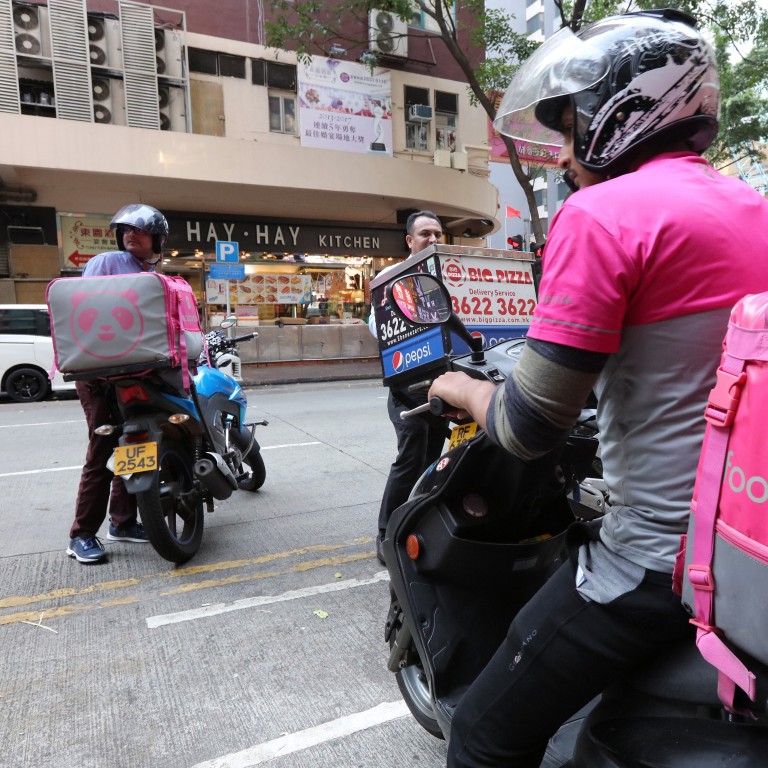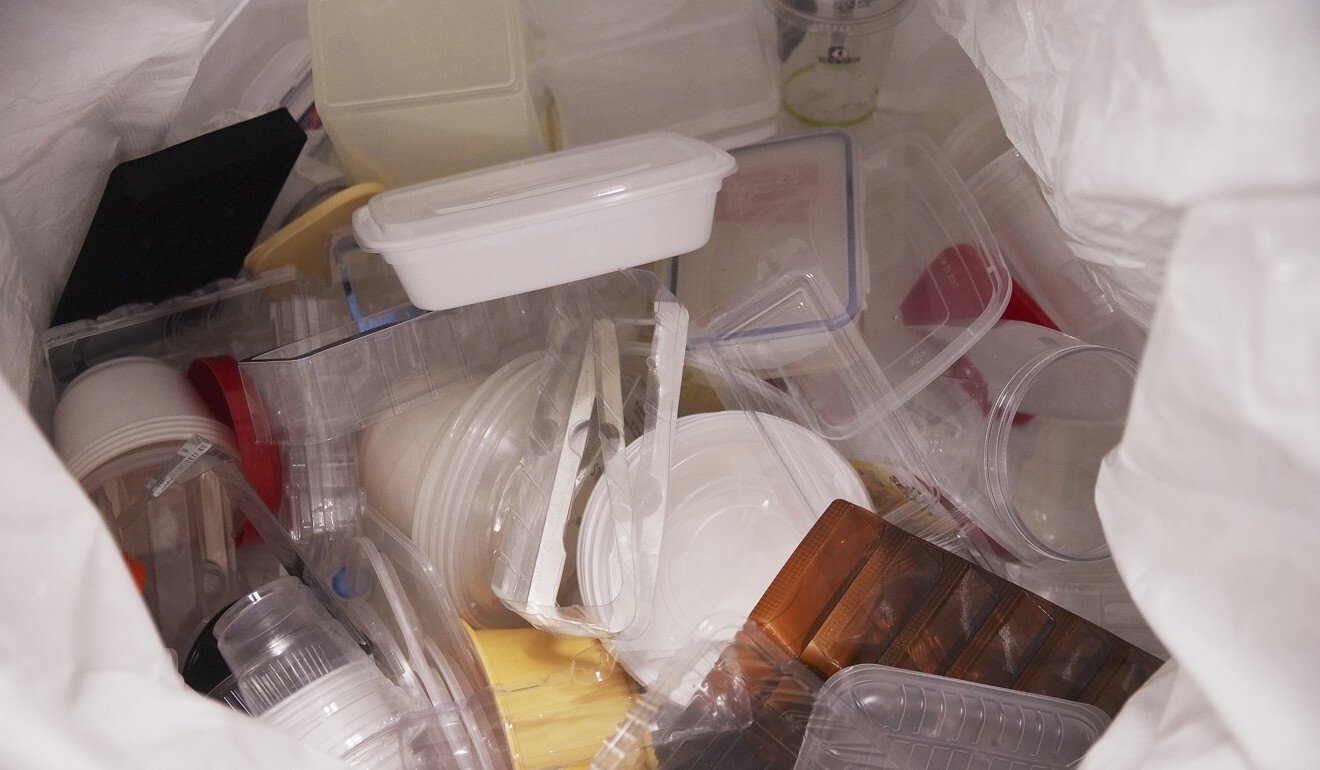
Foodpanda hopes to launch reusable container programme in Hong Kong to reduce waste sent to landfills
- The company will aim to launch pilot in preparation for the kick-off of Hong Kong’s solid waste charging scheme
- The government has at least 18 months to implement the system after bill requiring residents and operators of street-level shops to pay for trash collection was passed in August
Online food delivery platform Foodpanda hopes to launch a reusable container programme in Hong Kong early next year to reduce the amount of packaging being sent to landfills by consumers.
“One thing that we really want to focus on going forward is coming up with a reusable pilot [programme], so that our customers can receive their food in a takeaway box that is reusable, and one that they just need to return to a collection point – essentially a closed loop – so they won’t be stuck with a lot of plastic waste,” Woody Chan, corporate social responsibility and sustainability manager at Foodpanda, said on the sidelines of the ReThink HK conference last week. “Hopefully, we can launch that early next year.”
Under the scheme managed by the Environmental Protection Department (EPD), residents and operators of street-level shops that use government refuse collection services must buy rubbish bags produced and sold by the government. This range from 30 Hong Kong cents for a 3 litre bag to HK$73 for a 660 litre bag.
Foodpanda hopes to work with restaurant partners and logistics companies for its reusable packaging programme, Chan said.

Food suppliers will package food in reusable containers, and their riders will transport the meals to customers, who will rinse these and put them back at a collection point once done, he said. Foodpanda’s logistics partners will then bring these packages back to the food supplier or restaurant partner for cleaning.
While still at the exploration stage, Chan said the company was taking reference from models such as the partnership between Swire Properties and environmental start-up Muuse, which provides reusable cups for takeaways from tenants at Taikooplace, including Eric Kayser, Pret and The Coffee Academics.
In Singapore, food delivery giants GrabFood, Deliveroo and Foodpanda offer the option of using reusable containers and cups provided by food container sharing service provider barePack, which charges a S$1.49 (US$1) monthly fee, according to its website.
Foodpanda also launched a sustainable packaging programme in Hong Kong in September, collaborating with packaging solutions providers Eco-Products and BIO-LUTIONS to produce a wide-range of plastic-free containers.
“The government has been promoting a ‘plastic-free’ culture in Hong Kong by adopting a multipronged approach,” an EPD spokesperson said.

